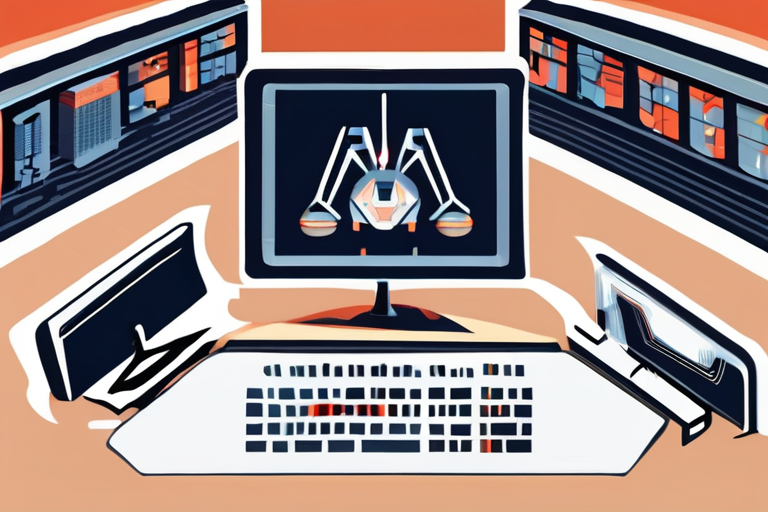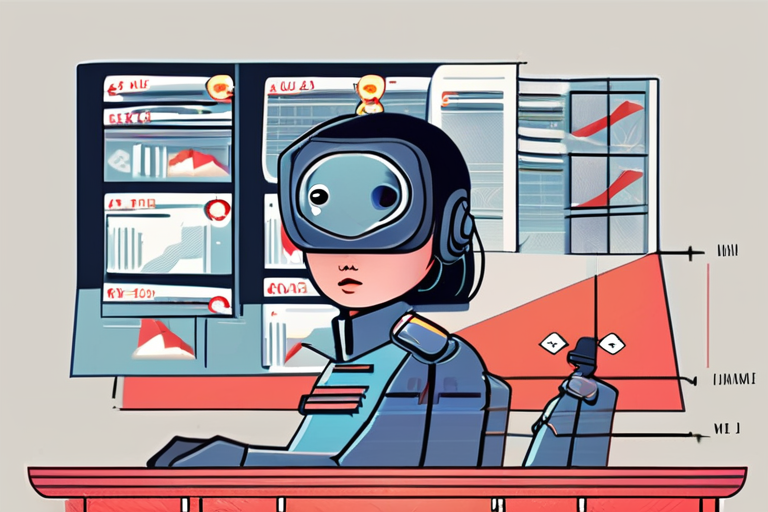Andy Konwinski, co-founder of Databricks and Laude, a venture capital firm focused on AI research, expressed concerns that the United States is losing its dominance in artificial intelligence (AI) research to China, describing the shift as an existential threat to democracy. Konwinski made these remarks during a recent appearance at the Cerebral Valley AI Summit. According to him, PhD students at top institutions such as the University of California, Berkeley, and Stanford University have reported reading twice as many interesting AI ideas from Chinese companies as from American companies in the past year.
Konwinski attributed the U.S. decline in AI innovation to the proprietary nature of major AI labs, including OpenAI, Meta, and Anthropic. These companies, he argued, are not sharing their innovations openly, instead keeping them closed-source and exclusive. Furthermore, these companies are luring top academic talent with multimillion-dollar salaries, which often surpass what these experts can earn in universities. This, in turn, hinders the free exchange and discussion of ideas, which Konwinski believes is essential for AI research to truly flourish.
The Laude Institute, an accelerator founded by Konwinski, offers grants to researchers and aims to promote open-source innovation in AI. Konwinski's venture fund, Laude, invests in AI research and development, partnering with experienced investors like NEA veteran Pete Sonsini and Antimatter CEO Andrew Krioukov.
The U.S. AI research landscape has undergone significant changes in recent years, with the rise of private companies and the increasing importance of open-source collaboration. The National Science Foundation (NSF) has been actively promoting open-source research and development, recognizing its potential to accelerate innovation and address societal challenges. However, the shift towards proprietary research and the lure of high-paying jobs in the private sector have raised concerns about the long-term sustainability of U.S. AI research.
Experts in the field have long emphasized the importance of open-source collaboration in AI research, citing its potential to accelerate innovation, improve transparency, and foster global cooperation. The open-source approach has been instrumental in the development of many AI technologies, including deep learning frameworks like TensorFlow and PyTorch. However, the increasing dominance of proprietary research has raised questions about the future of open-source collaboration in AI.
As the U.S. continues to grapple with the implications of AI research, policymakers and industry leaders are exploring ways to promote open-source innovation and address the concerns raised by Konwinski. The Cerebral Valley AI Summit, where Konwinski made his remarks, brought together experts from academia, industry, and government to discuss the future of AI research and its potential applications. The event highlighted the need for a more collaborative and open approach to AI research, one that balances the interests of private companies with the need for transparency and global cooperation.



























Share & Engage Share
Share this article